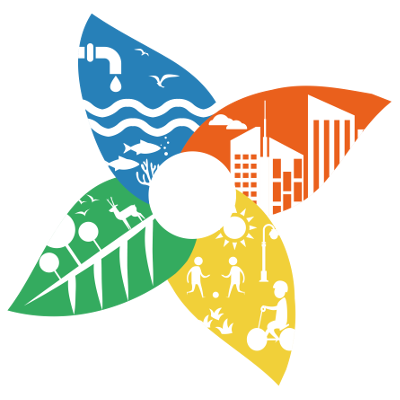Horizon Scanning for Future Urban Forests
What could our urban forests be like in 2100? What are the emerging issues, challenges and opportunities for urban greening in our cities in 80-100 years? On Wednesday 11 October, Lund University in collaboration with Melbourne University and Tasmania University organised a horizon scanning workshop on future urban forests.
The Clean Air and Urban Landscapes (CAUL) Hub is hosting a series of Horizon Scanning Workshops on future urban forests, as part of the Urban Greening for Liveability and Biodiversity research project. Expected changes to urban green spaces, driven by climate, demographic change and urban densification have enormous implications for urban land managers and our cities. These workshops canvass a range of issues including changing climate, urban densification, demographic change, water and waterways issues, biodiversity and human health and wellbeing.
Workshops have been held in three Australian cities. The latest workshop in the series was organised in Lund, Sweden, in partnership with Lund University. The purpose is to canvas a variety of perspectives on what the forests in our future cities, could or should be; identify and discuss issues that are emerging, novel and could have impact; discuss and assess the plausibility and policy relevance of these issues; and identify multiple pathways to create opportunities and overcome challenges.
Workshop outputs will inform decision-making practices by providing a guide to the emerging issues and challenges identified. This will include a publicly available, actionable report that can be used by practitioners in urban greening decision-making and can guide future research agendas.
